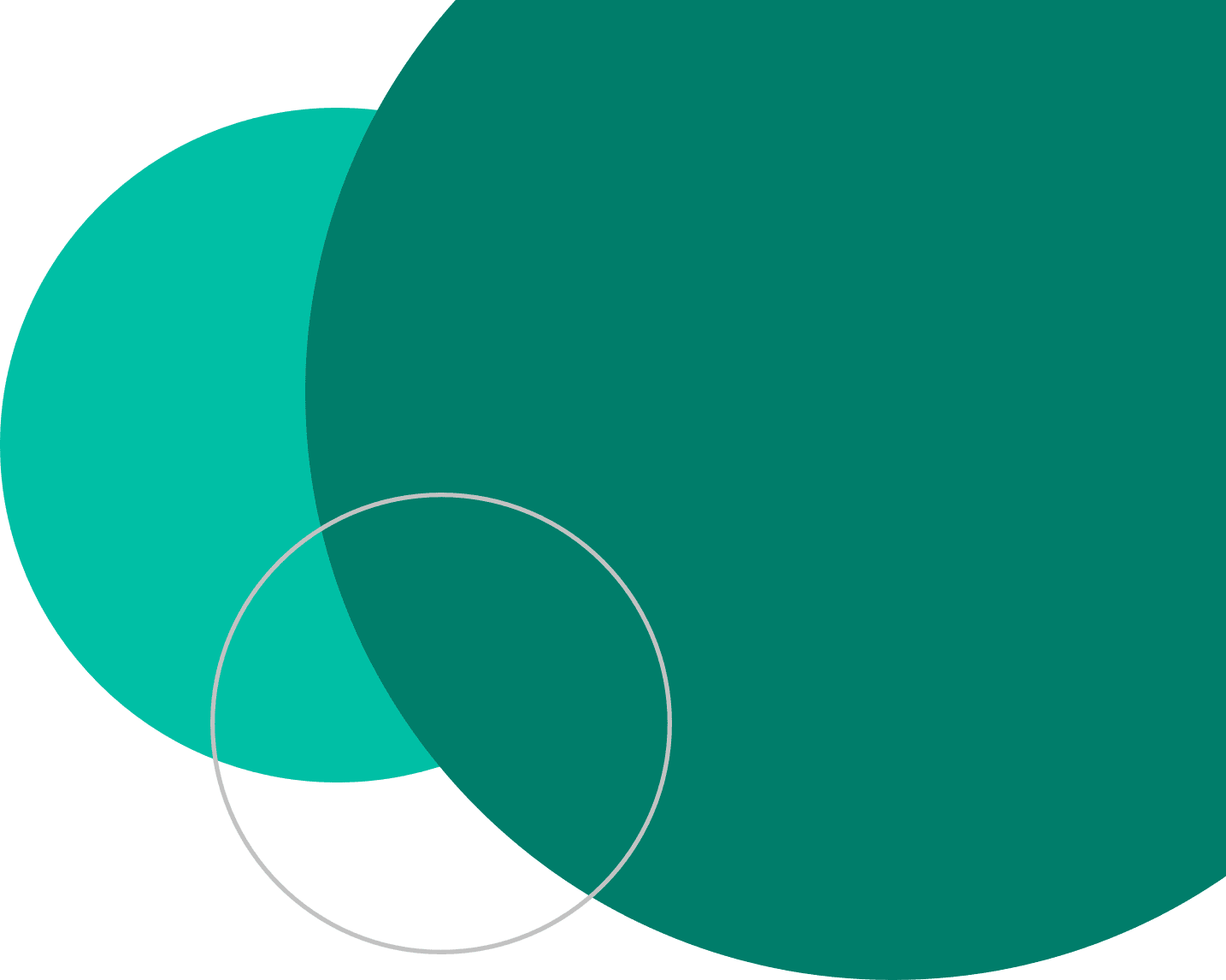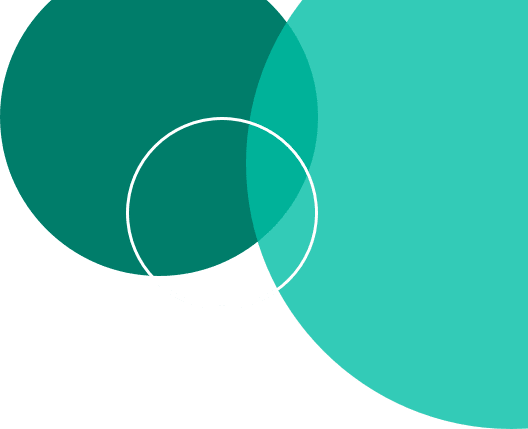10 Reasons to See a Dietitian That Aren’t About Weight Loss

If you’re struggling with a chronic illness, chances are you have regular appointments with your oncologist, cardiologist or gastroenterologist. If you’re an aspiring—but injury-prone—marathoner, you probably see an orthopedist or sports medicine doctor. And if you’re trying to conceive or are already pregnant, it’s likely you’ve got a great OB/GYN on call. But whether you’re a marathoning mom of three or a high-powered attorney with high cholesterol, you may benefit from an appointment with a registered dietitian.
What does a dietitian do?
While the most common reasons people see a registered dietitian (RD) are to lose weight or make lifestyle changes, RDs are educated and trained to advise patients and clients in many additional areas. “A dietitian can work clinically, usually in a hospital or medical setting,” explains New York City-based dietitian Kelly Hogan, MS, RD. “Many dietitians have private practices with various specialties, or they can work in corporate wellness, communications, food service, grocery stores or as consultants for food companies.”
An RD is also trained to help navigate the ever-changing landscape of nutrition guidelines, as well as interpret specific literature and the latest research to help inform recommendations for patients and clients.
An RD typically has the equivalent of a bachelor’s degree in nutrition and dietetics. Prospective RDs must complete a yearlong accredited dietetic internship, pass a national examination and complete continuing education credits. They must also abide by a code of ethics. Comparatively, similar-seeming nutrition advocates—like nutritionists or health coaches—may not require any formal education or training requirements.
How an RD fits in with other treatments?
Despite the growing public interest in health, wellness and nutrition, many of the aforementioned doctors—the oncologists, gastroenterologists and urologists of the world—receive little education when it comes to nutrition. According to a 2015 survey of 121 four-year medical schools, 71 percent didn’t require students to complete at least 25 hours of nutrition education. Plus, the survey found fewer than 20 percent of those schools required a single nutrition course. Where nutrition education is lacking in the mainstream medical system, RDs fill a crucial gap in helping patients achieve well-rounded health.
Of course, an RD doesn’t take the place of those specialists. An RD shouldn’t tell you to ignore your medical treatments, nor will they use anecdotal stories to inform recommendations. “We only use evidence from scientific literature and peer-reviewed journals,” Hogan explains. “Dietitians aren’t the food police and we’re not all in bed with big food companies or government organizations.” Plus, Hogan explains, even though diet is indeed part of their title, RDs do not exist solely to put people on diets.
Why should I see a dietitian?
If your goal is to lose weight—whether for health, vanity or doctor-mandated reasons—an RD can absolutely help with that. But Hogan shares ten more reasons why seeing an RD could be beneficial. Consider speaking with your doctor about getting a referral for an appointment if you feel an RD can help with one of these conditions.
If you have diabetes. An RD can help guide your blood sugar management through diet.
If you have digestive issues. From common gastrointestinal-related ailments like constipation, diarrhea, bloating, gas and heartburn, to more serious issues like celiac disease or Crohn’s disease, an RD can suggest dietary changes that can help to pinpoint triggering foods and manage symptoms of your condition.
If you have heart problems, hypertension or high cholesterol. A healthy diet is important in managing blood pressure and cholesterol and to treating heart problems. A dietitian can educate clients about best nutrition choices to reduce the risk of heart disease. They may also factor into a cardiac rehabilitation plan for patients who have experienced heart attack or failure.
If you’re pregnant or thinking about getting pregnant. Proper nutrition is key when you’re growing a human. If you’re unsure about what you should or should not eat during pregnancy, an RD can help make sure both mom and baby are properly nourished. An RD can also help manage gestational diabetes through dietary changes and keep an eye out for other common pregnancy-related issues like heartburn and nausea. Dietitians can also be helpful post-partum to ensure the mother is staying well-nourished if breastfeeding.
If you have kids. Many dietitians specialize in pediatric nutrition, from infancy through puberty. Your pediatrician may suggest nutritional counseling if a child is underweight or overweight. RDs can also help parents navigate through difficult medical diagnoses, like various genetic conditions, autoimmune disorders or signs of an eating disorder.
If you’re going through cancer treatment. Eating well during cancer treatments can help with retaining strength, maintaining a healthy body weight, recovering faster, lowering risk of infection and feeling better. But when you’re sick and spending most of your time going to and from treatments, eating a healthy diet can feel daunting. Chemotherapy can also cause side effects that affect eating, like nausea, taste changes, mouth sores, vomiting, diarrhea, constipation and loss of appetite. Many cancer treatment plans include an appointment with a dietitian, who will help you to find exactly what to eat.
You want to run faster, lift more or be more centered on your yoga mat. Nutrition is so important for sports performance. It can make or break a game, match or race. Specialized sports dietitians can help make sure you’re fueled adequately for performance and recovery.
You have a history of following various diets and want to free yourself from the notion that dieting is necessary. Many dietitians today specialize in a non-diet approach. They believe in intuitive eating and health at every size, which can help clients understand why diets don’t work for them. They can help people become more in tune with hunger and fullness cues.
You have a history of disordered eating. If you’ve ever been diagnosed with an eating disorder, a dietitian is a crucial part of your recovery and treatment team, in addition to doctors and therapists.
You just want to learn how best to fuel your body. There’s a lot of nutrition-related noise and quick-fix diet trends without much evidence to back them up. An RD can help you figure out how best to eat for your body, your health and your goals.
If you’re interested in making an appointment with an RD but aren’t sure where to start, the first step is to consider your own goals and the type of people you trust. Many private practice RDs offer free, short introductory phone calls, which is a great way to get to know what they do and see if they’re a good fit. Do some research to make sure they have the knowledge to treat your condition and help you reach your goals. “You’ll want an RD whose specialties and philosophies resonate with yours,” Hogan says.
Sourcing: Academy of Nutrition and Dietetics, NutritionED.org, American Diabetes Association, Celiac Disease Foundation, American Heart Association, UpToDate, American Cancer Society, National Eating Disorders Association


